He makes a particularly German contribution to the Finger Lakes, and a profound one. His wines draw connections to his homestead in Bernkastel, in the southern Mosel. Hermann J. Wiemer is descended from a long line of wine makers in a Riesling-producing region, so it seems quite natural that he makes prizewinning wines from Germany’s “noble grape.” The self-portrait that emerges from the winery that bears his name is of an impeccable artisan with a deep respect for his profession and his heritage. He brings a strong sense of classical decorum to his operation and a remarkable measure of finesse and sophistication to the region. He is passionately and romantically involved in the life of his vineyard. So don’t expect any frills or breathtaking lake views. It’s all about great wine here.
A graduate of Geisenheim, the renowned German wine school Hermann could have remained in Germany and grown old making fine Rieslings. Instead, he wandered over to the Finger Lakes. In 1968 he accepted a job making sacramental wine for the Roman Catholic Diocese of Rochester. After two years he felt isolated at the Conesus Lake winery, and he was ready to return home when he met Walter Taylor, the “bad boy” of the Taylor Wine family. Walter was estranged from his family’s enterprise, intending to start his own winery at Bully Hill, and all he needed was the right winemaker. As they say, it was “the beginning of a beautiful friendship.” Hermann managed the vineyards and made the wines at Bully Hill, while Walter shook up the establishment. Together they created New York’s first “boutique” winery, a maverick adventure that built its reputation with French-American hybrid grapes such as Seyval Blanc, Marechal Foch, and Baco Noir, wines that hurtled past native varieties in quality. However, while Walter was content with this achievement, Hermann couldn’t ignore the breakthroughs in vinifera by his neighbor, Konstantin Frank. “Walter drank his own wines;’ says Hermann with typical bluntness. “I didn’t.” In 1973, with Walter’s blessing, Hermann purchased 140 acres of Seneca Lake property on a shoestring. The land contract called for payments of $300.59 every month, with the seller holding title until the final payment was made. Hermann’s upstart nursery of hand-grafted vinifera vines was a true pioneering effort, with a vineyard tended by hand and given personal attention. Then, on Christmas Eve in 1981, while Hermann was visiting family in Germany, he received a telegram from Walter, who was terminating his position at Bully Hill. It was the result of an inevitable dash of egos. Hermann’s “experiment,’ in Walter’s opinion, had gone too far for his own good. It would be time for Hermann to strike out on his own. Perhaps no other wine region is so driven by a single grape as Germany is by Riesling, and it was Hermann’s passion for this hearty variety that defined his next move. While others in the Finger Lakes were eager to imitate California’s success with Chardonnay, he knew instinctively that this was Riesling country. Despite fingering memories of the poor quality German imports of the not-too-distant past (Hermann calls it the “Blue Nun hangover”) and little consumer demand, he made his beloved Riesling the focus of Hermann J. Wiemer Vineyards. With the first release of wines, it was clear that his challenge was well worth the toil.
Hermann makes his Rieslings with the confidence of Leonard Bernstein conducting the Meistersinger Overture. He proves that the variety can cover a wide range of sweetness and styles. He was the first to make a truly “dry” Riesling, and the first to put “Dry Johannisberg Riesling” on a label. True to form, the elegant, Kabinett-style wine is fresh, crisp, and beautifully balanced, with grapefruit and mineral aromas; notes of apricot, peach, and honey; and a dean, lingering fmish. Other versions of his firm hand with Riesling include the smooth and nicely balanced Spatlaese-style Semi-Dry Johannisberg Riesling, a fruity, flowery, pleasantly sweet wine, bursting with pure peach, apple, and melon flavors and a note of citrus in a subtle, refined finish; TBA (Trockenbeerenauslese)-style Select Late Harvest Johannisberg Riesling displays sensual aromas of mint, eucalyptus, and thyme, and its wellframed palate of apricot, peach, orange, and smoke is magnified in an elegant, intense finish. Grapes from the oldest vines on the estate were handpicked for Ice Wine, a complex, powerful, and stylish nectar with dazzling, concentrated essences of sweet apricot, peach, honey, and notes of lemon-candy and caramelized apples that leave the mouth ringing with an extreme sensation of pleasure. Hermann uses classic German bottles, German corks, even German capsules, yet he is convinced that his rendition stands out next to the European standard. The winery’s other significant varieties include Chardonnay, Gewuerztraminer, and Pinot Noir, but, as the translation of a German proverb explains, “Where your treasure is, there is your heart.” Hermann J. Wiemer Riesling is a Finger Lakes treasure.

